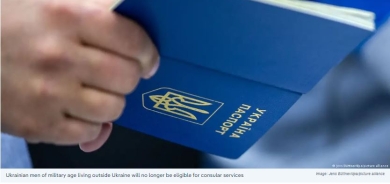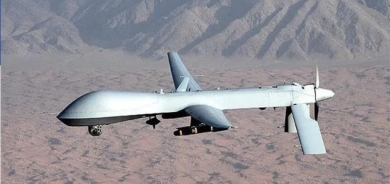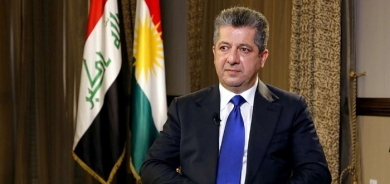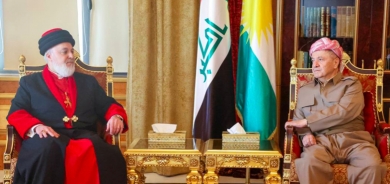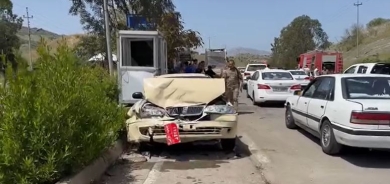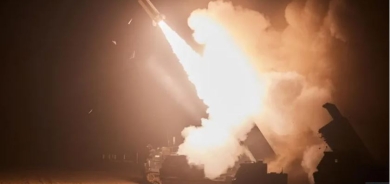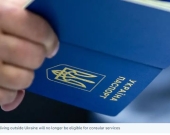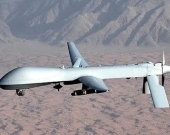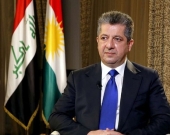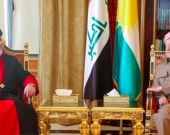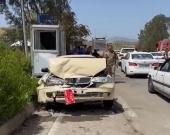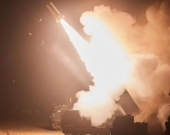Turkey Forges Historic Pact with Iraq and Iran to Uproot PKK, Redefining Regional Dynamics
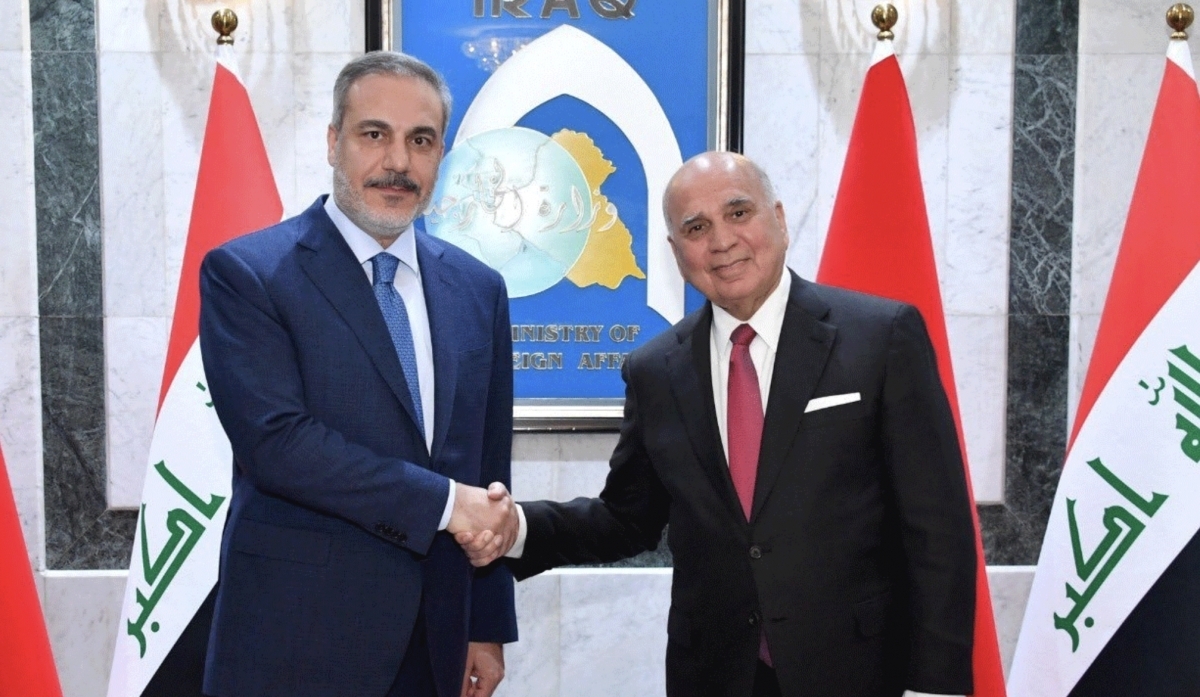
In a move aimed at reshaping regional dynamics, Turkey has brokered a deal with Iraq, backed by Iran, to eradicate the Kurdistan Workers' Party (PKK) from Iraqi territory. The agreement, which extends beyond mere military operations against the PKK, encompasses comprehensive arrangements for the post-Gaza war Middle East landscape.
Turkish Foreign Minister Hakan Fidan's recent meeting with his Iraqi counterpart Fuad Hussein in Baghdad marked a pivotal moment. Present at the meeting were key security officials, including PMF leader Faleh al-Fayyad and National Security Adviser Qasim al-Araji. Iraq affirmed its stance against the PKK, labeling its presence as a violation of the constitution. Turkey lauded this stance, signaling intentions to establish a 40-kilometer deep buffer zone spanning from Sulaymaniyah to the Syrian border to root out the PKK, deemed a terrorist organization by Ankara.
The groundwork for this cooperation had been laid over years of Iraqi appeals to Turkey for decisive action against the PKK. The plan's culmination came with Fidan's visit to Baghdad, where Iraqi sources confirmed Turkey's preparedness for a "zero hour" scenario.
While the agreement may seem surprising given the PKK's historical alignment with pro-Iran factions, sources suggest Iran's strategic calculus now favors cooperation with Turkey. The deal includes Turkish mediation with the U.S. to ease tensions with Tehran in Iraq and enhance Iranian involvement in regional trade with Turkish assurances.
This development underscores Turkey's proactive stance in the region's evolving geopolitical landscape, particularly as the Gaza conflict nears its conclusion. Turkish President Recep Tayyip Erdogan's upcoming visit to Baghdad in April is expected to solidify arrangements for joint operations and buffer zone establishment.
However, challenges loom, notably in Sinjar, where the PKK's alliance with the PMF complicates matters. Sinjar, with its diverse population and intricate factional dynamics, presents a formidable obstacle to the agreement's implementation. The PMF's role in neutralizing PKK fighters remains uncertain, with questions arising over the extent of Iranian influence in shaping outcomes.
Nevertheless, Turkey's strategic maneuvering in Iraq aims to preempt future instability and consolidate its regional interests. As Ankara seeks to quell tensions along its southern border, the path forward hinges on navigating intricate local dynamics while balancing competing regional interests.

